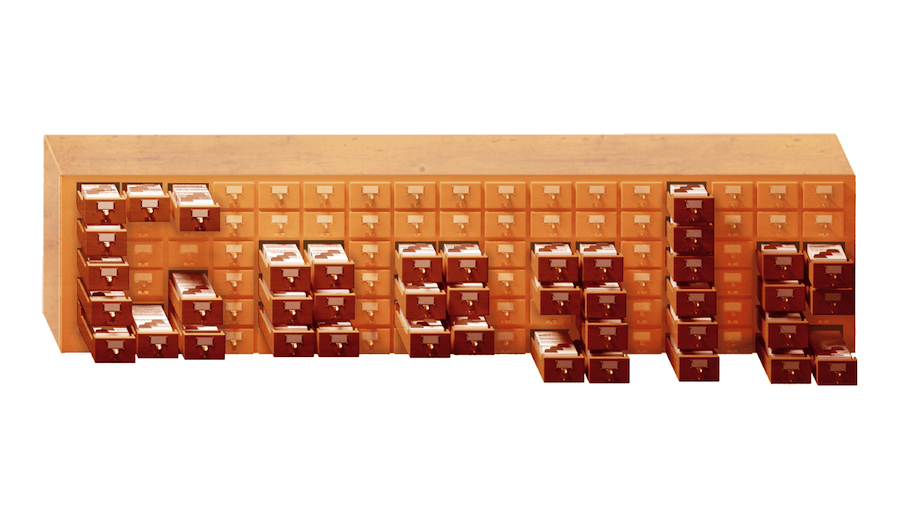Filing documents can be mundane and quite frankly rather dull but unfortunately filing is a necessary, and very important part, of any record management and storage routine. It is not difficult to get filing right, but getting it wrong could lead to administrative chaos. To avoid this disruption there are four components employees should consider when introducing a new filing system:
1. Document Retention Deadlines
There is little point in filing away a document that is no longer used and has reached its retention deadline. Filing inactive documents is a waste of time and space. Employees should therefore make themselves aware of the retention deadlines of the documents they are filing away, making an effort to differentiate between those files that are needed and those that are not.
Retention guidelines are available online, however some guides can be vague and confusing with very few offering industry-specific advice. What’s more, retention deadlines are based on statutory laws such as the Data Protection Act and the Freedom of Information Act, so it is key that businesses obtain precise guidelines.
2. Accessibility
When filing documents away it is important to consider how accessible those documents need to be. It is no use putting a document right at the bottom of a filing cabinet if it likely an employee will need that document to hand tomorrow. Retention deadlines should give some indication of how frequently a document will need to be accessed and so are a useful organisational tool.
Common sense should also enable employees to differentiate between those documents which need to be most accessible and those which can be stored further away. For example, anything relating to employees’ pay is likely to be used quite regularly as opposed to information relating to old clients which may never be needed again.
Furthermore, it is not useful filing documents far away from each other if they are probably going to be needed simultaneously. By storing documents with related content together an employee can cut down document retrieval time in the future.
3. A Clear Desk Policy
A lot of offices now encourage their employees to pursue a clear desk policy for security and organisation purposes. Increasingly businesses are learning that leaving important documents around the workplace is a huge data protection hazard. It can also be financially damaging if this information goes missing, with data breaches on average costing a business £2.2 million.
Filing documents away at the right time is a crucial step of any clear desk policy. Employees should use filing as a way to clear their desk as much as possible and should aim to file documents away at the end of each day. Therefore any filing system that is used should be able to accommodate filing on a regular basis. Creating easily accessible folders for active files that employees can use at the end of each day is an easy way of encouraging employees to clear their desks.
4. Uniformity and Conformity
With filing individuality and creativity is not desirable. Before an office implements a new filing system employees must make sure it is easy to understand and acceptable to other colleagues. If colleagues are unhappy with a system, or simply do not understand it, then they are more likely to follow their own instincts; this might mean employees putting documents away however they desire, or avoiding filing altogether.
Discussions over filing may seem tedious for some employees but it is important that a discussion takes place nonetheless. Employees need to be given an opportunity from the start to express any concerns they have with a new system to eliminate any chance for deviation later on.
Filing documents is never going to be exciting, but it is necessary and probably more important than most employees think. Each business handles different types of documentation, but the common sense advice listed above is applicable to all.











